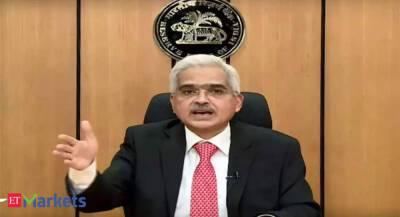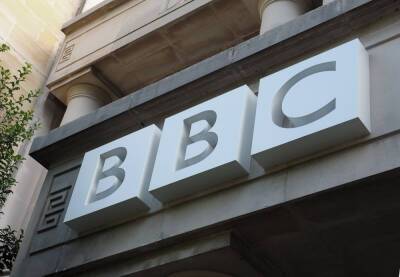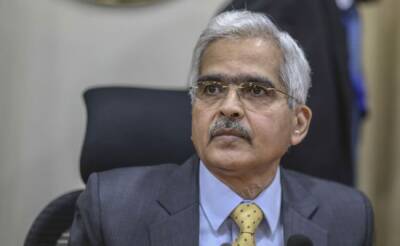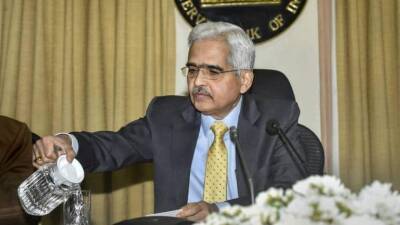MPC Meet | What did the Budget change for the RBI’s policy?
When the six members of the Reserve Bank of India’s monetary policy committee (MPC) huddle next week to vote on rates and the stance, the big question to address would be whether the Union Budget has materially changed the macroeconomy to warrant a shift in stance.
For all its big announcements on spending, the budget hasn’t turned out to be inflationary. One, much of the spending is capital expenditure which would show up over a long period of time rather than immediately. As against a consumption-driven budget that put money in the wallets of Indians to spend immediately, the budget was investment-driven. To that extent, the RBI need not worry about an inflationary fiscal policy for now. “The RBI will likely view the budget in a positive light and as growth supportive, owing to increased public capex (quality of spending) and directional fiscal consolidation,” analysts at Nomura said in a note.
That said, the budget has made a key factor extremely complicated for the RBI. The unexpected surge in market borrowing has brought liquidity management of the RBI centre stage now. In fact, economists believe that the central bank’s focus now would be to manage the borrowing and that may result in a recalibration of the speed of policy withdrawal. Analysts at Nomura expect that the central bank could potentially go slow on its policy withdrawal due to the market borrowing’s size. “The large quantum of government borrowing (supply) at a time of higher bank credit growth and when the RBI needs to withdraw durable liquidity (including via OMO sales) will mean a demand-supply imbalance. As such, managing bond yields could result in a conflict in the RBI’s liquidity normalisation strategy,” their note said.
The banking system’s
Read more on moneycontrol.com




















